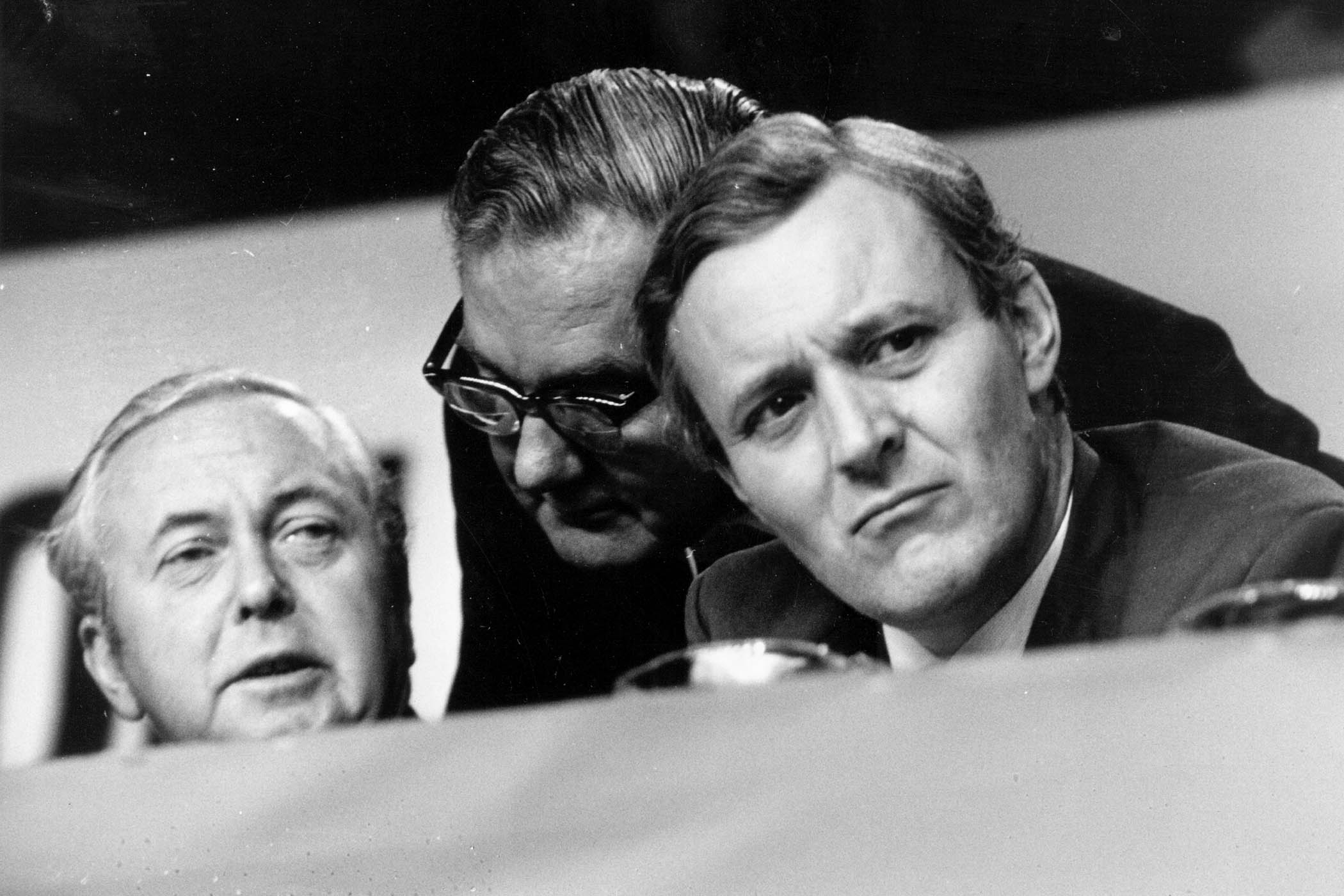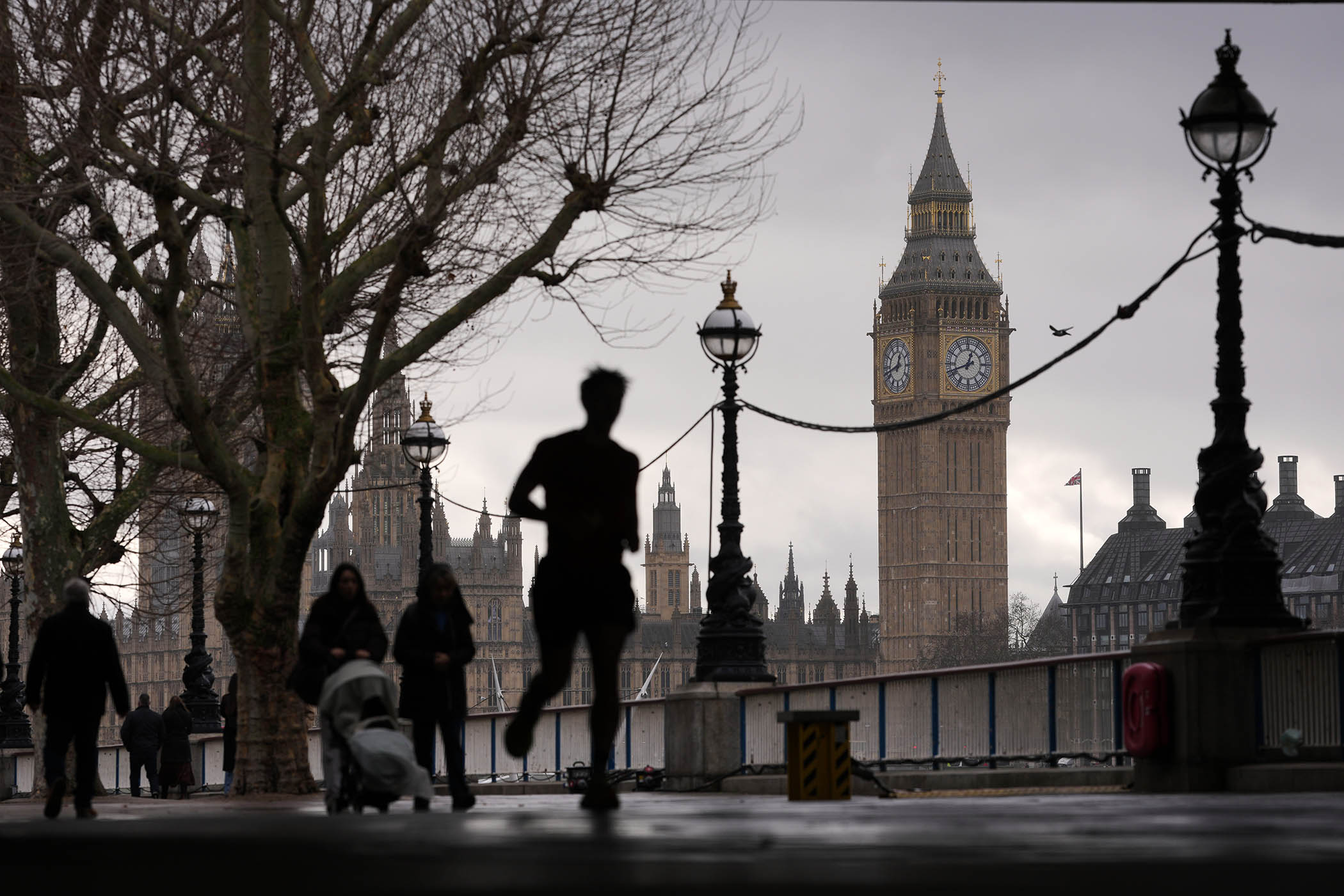The story of the Labour party is full of plots that go nowhere. Even since 1990, the Tories have booted out Thatcher, Duncan Smith, May, Johnson and Truss. The last time the Labour party dispatched a leader was George Lansbury in 1935. So, the context in which Andy Burnham teases and tantalises the Labour party that he might, and yet might not, bid for the leadership, is not exactly encouraging. The strange misery that has overtaken the party 15 months after an emphatic electoral victory means that the “send for Burnham” mood is real. It will take some effort by the prime minister to lift the mood in Liverpool where the talk will be of when and how a coup might be brought off to send the mayor of Greater Manchester south to Westminster.
It is all going to be great sport because plotting is a Labour party pastime. The greatest of all Labour plots was when Herbert Morrison tried to replace Clement Attlee as leader on the very day of the 1945 landslide. Ernest Bevin, soon to be foreign secretary, instructed Attlee to go to Buckingham Palace at once, while he still could. Two years later, at the height of a serious currency crisis, Stafford Cripps, the minister for economic affairs, confronted Attlee and told him, with some confidence, that he was set to be replaced by Bevin. Attlee promptly picked up the phone, called Bevin and asked him, with Cripps listening on, if he wanted his job. Bevin replied that of course he didn’t.
Harold Wilson was surrounded by plots, not all of them self-invented. At various points Roy Jenkins and Jim Callaghan tried to rally opposition to the prime minister without ever succeeding. Alan Johnson recently published a short biography of Wilson, which is a long account of people trying to get rid of him. Johnson himself was the subject, in 2006, of plots to persuade him to stand against Gordon Brown. When Johnson showed no interest, the plotters moved on to David Miliband who never quite got his plot together either. In June 2009, both Johnson and Miliband declined to follow James Purnell over the ledge when the latter resigned on with the hope of taking Brown with him. The following year Geoff Hoon and Patricia Hewitt organised a comically hopeless coup against Brown. Jeremy Corbyn was constantly plotted against, to the point that Owen Smith challenged him to a leadership contest, which Corbyn promptly won handsomely.
The one Labour leader who was largely immune to plotting was the party’s vote harvester, Tony Blair. Gordon Brown did always covet his job but it was not until September 2006 that a serious plot emerged. After a meeting with Brown, the defence minister Tom Watson had a biryani in a Wolverhampton curry house with three West Midlands MPs – Sion Simon, David Wright and Khalid Mahmood – at which they agreed to send a letter calling for the prime minister to quit. Six other junior members of government resigned. I was with the prime minister when the news broke, at a speech on social exclusion at the Joseph Rowntree Foundation. We had to cut short dinner with the Archbishop of York to discuss how to respond. In the event, the rebellion probably brought forward the date at which Blair left office by only by a few months.
The dissent of panicking backbenchers can be withstood as long as the holders of the main offices of state remain loyal
The dissent of panicking backbenchers can be withstood as long as the holders of the main offices of state remain loyal
The best response to a plot is a counterplot. Once the archbishop was safely out of the door, Blair spoke to Peter Mandelson and Alan Milburn while the political team back in Downing Street arranged for loyal cabinet ministers to appear on the evening news bulletins. Brown used the same counterplotting technique on the night of James Purnell’s resignation. When Tessa Jowell, at the instigation of Peter Mandelson, appeared on late-night rolling news to say that Blair was a fine prime minister who needed to stay on to finish the job, it was clear that the plot had failed.
All of these instances – Attlee, Wilson, Blair and Brown – all point to another truth about plotting, which may come as some comfort to Starmer. The prime minister will only fall if he loses the support of the cabinet. The dissent of panicking backbenchers can be withstood as long as the holders of the main offices of state remain loyal. This, rather than the will-he-won’t-he indecisiveness of Burnham, is the thing to watch. If Wes Streeting were to decide that his best hope of advancement demanded he hand the pearl revolver to the prime minister, that would be the beginning of the end.
This is the big reason that plots in the Labour party fail and there are also two more. The first is the paradox, as Kenneth O Morgan shows in Labour People, that the party dedicated to collective action is much more in thrall to the individual leader than the Tory party. The Labour party prefers to allow the electorate to do its dirty work. Even leaders as patently unsuitable as Michael Foot, Jeremy Corbyn and Ed Miliband were permitted to fight a general election.
The second reason is logistical. It is some feat of organisation to replace a Labour leader. It will take 20% of the parliamentary party – 80 Labour MPs – to mount a challenge. That could happen but even if it did, Keir Starmer would appear on the ballot paper automatically, unless he were to give up.
But the rulebook is only the start of it. The biggest problem is that Andy Burnham is not an MP. There is no mechanism for the mayor of Manchester to ascend to the leadership of the Labour party. Is a sitting MP prepared to stand down? It doesn’t sound like Andrew Gwynne or Graham Stringer will play ball, so who will? Even if a seat appears, would the Labour leadership be able to find a technicality on which to block Burnham as the candidate? They would assuredly do so if they were able and there is a lot more to the rules of the Labour party than is contained in the rulebook.
And, finally, even if Burnham leapt all of those hurdles, would Labour actually win a byelection at the moment? To declare an intention to challenge the prime minister and then lose a byelection would count as one of the great fiascos of modern politics. It’s all really rather difficult, and so it is likely that this will end up as a story without a plot. In the end, it doesn’t matter how many MPs cannot stand Keir Starmer if Andy Burnham cannot stand for parliament.
Newsletters
Choose the newsletters you want to receive
View more
For information about how The Observer protects your data, read our Privacy Policy
Photograph by Michael Webb/Getty Images



